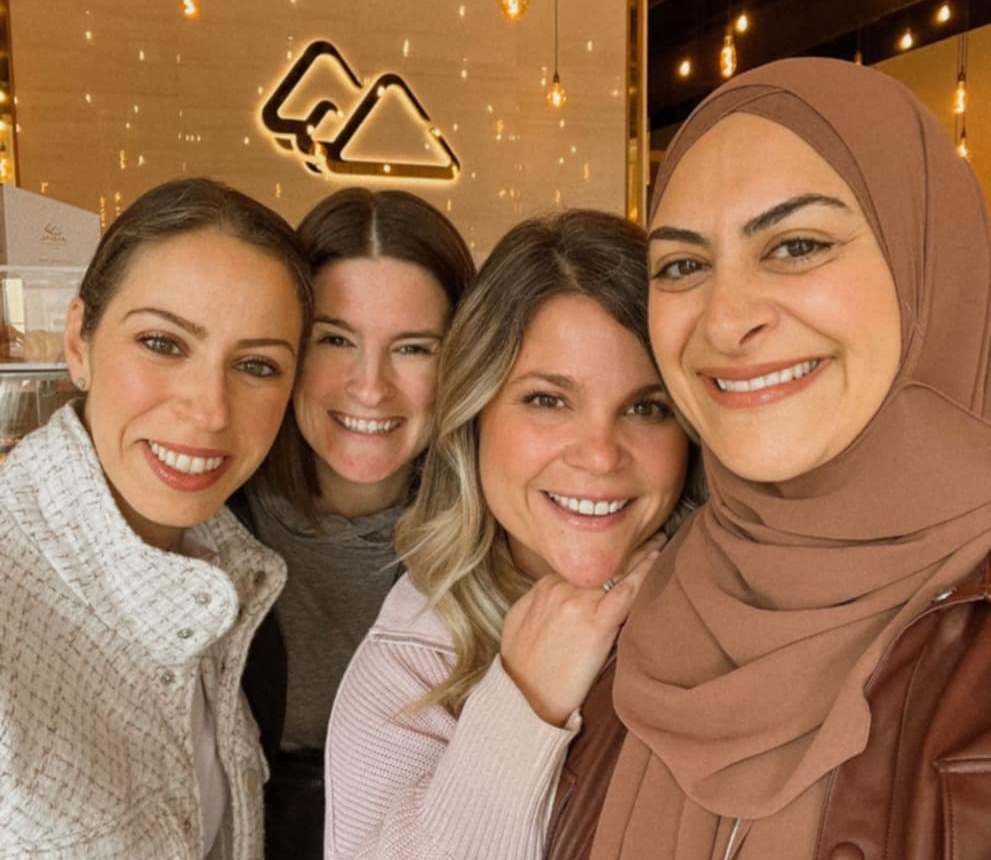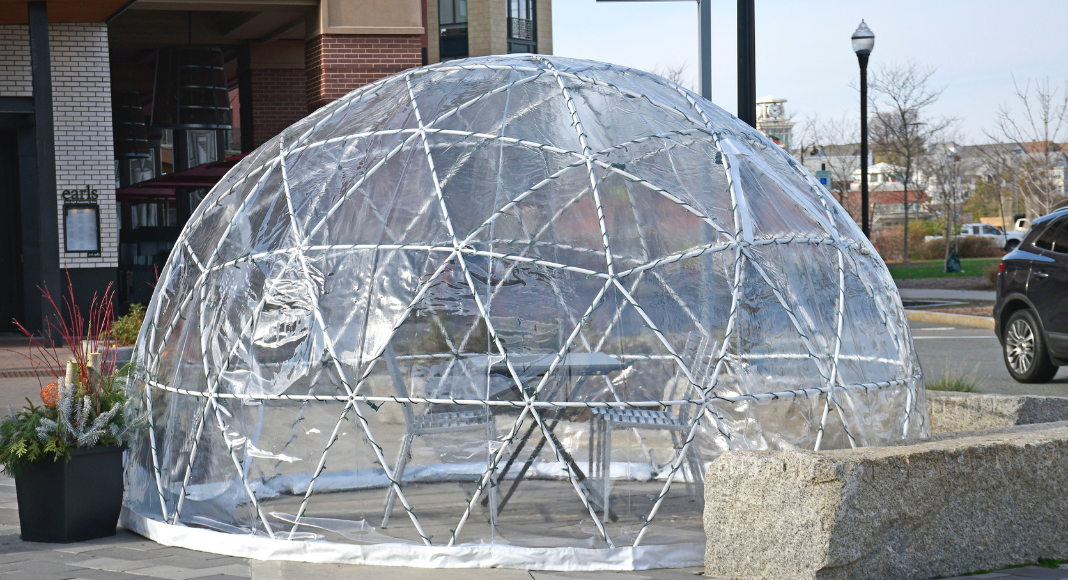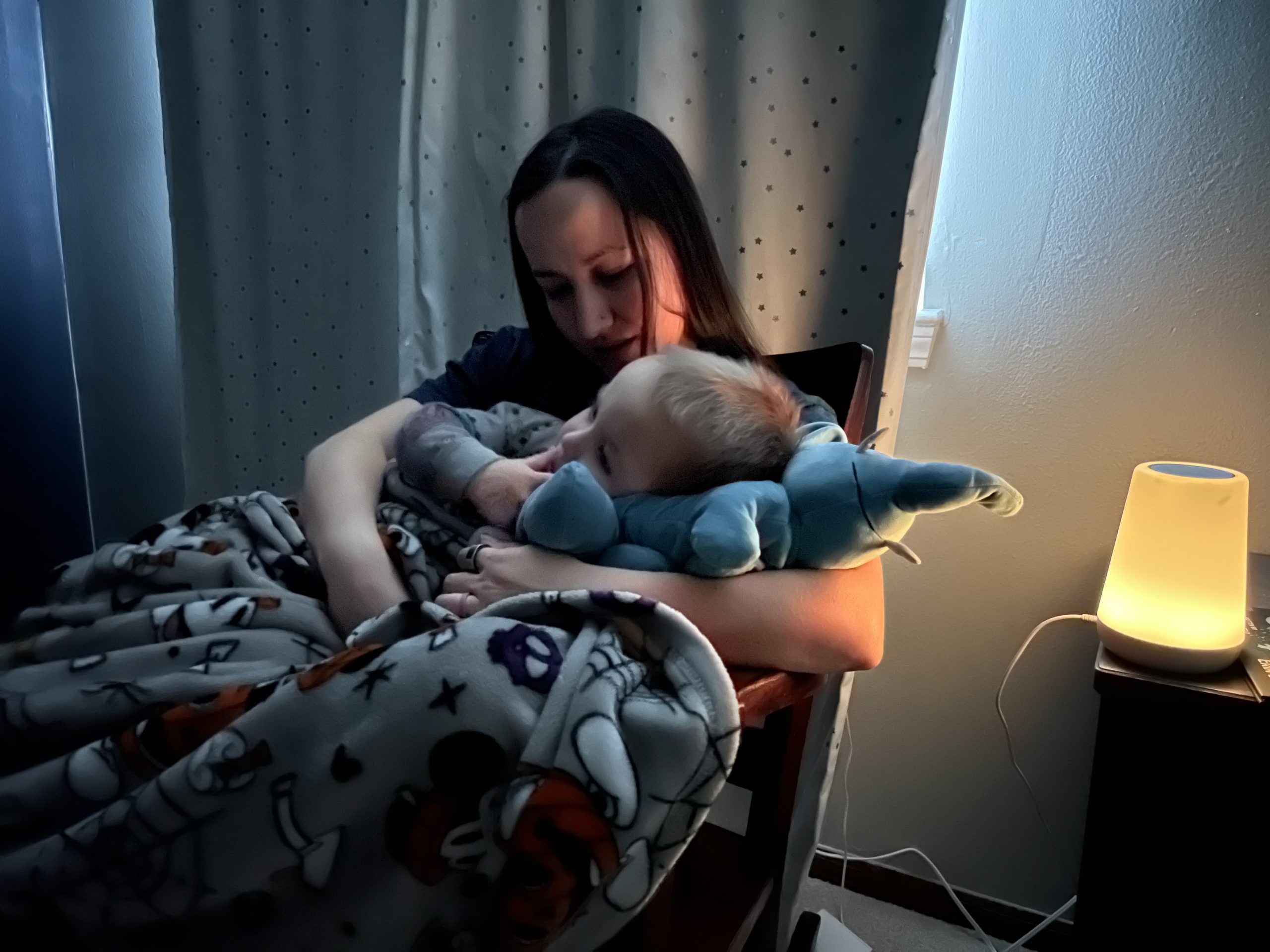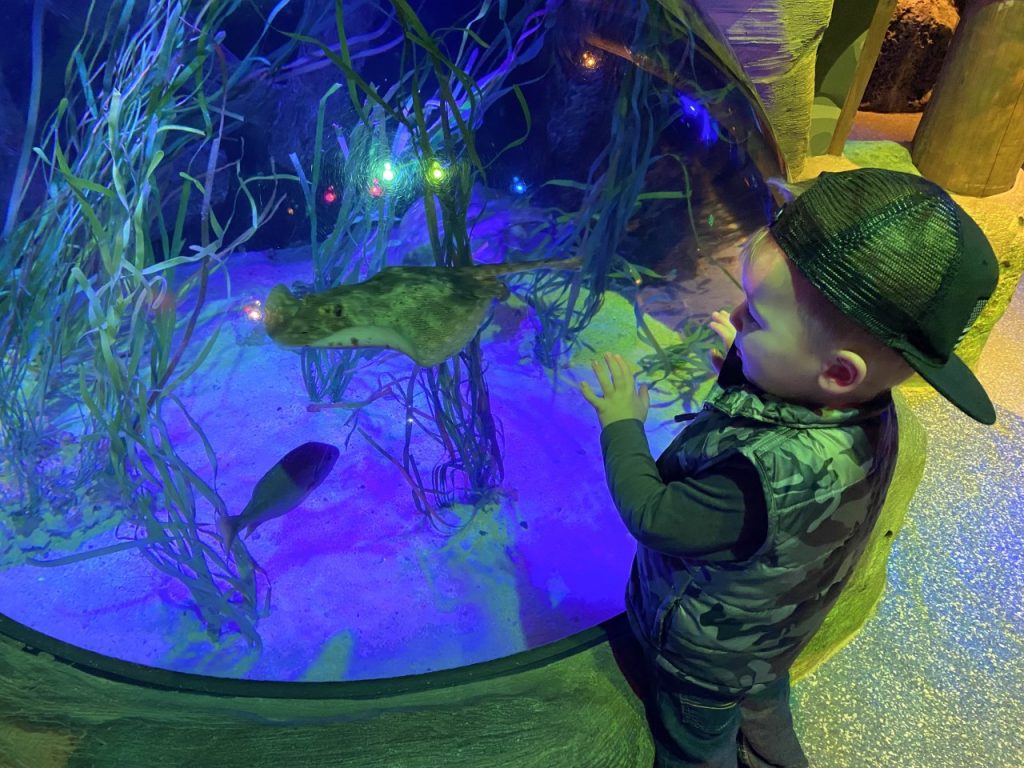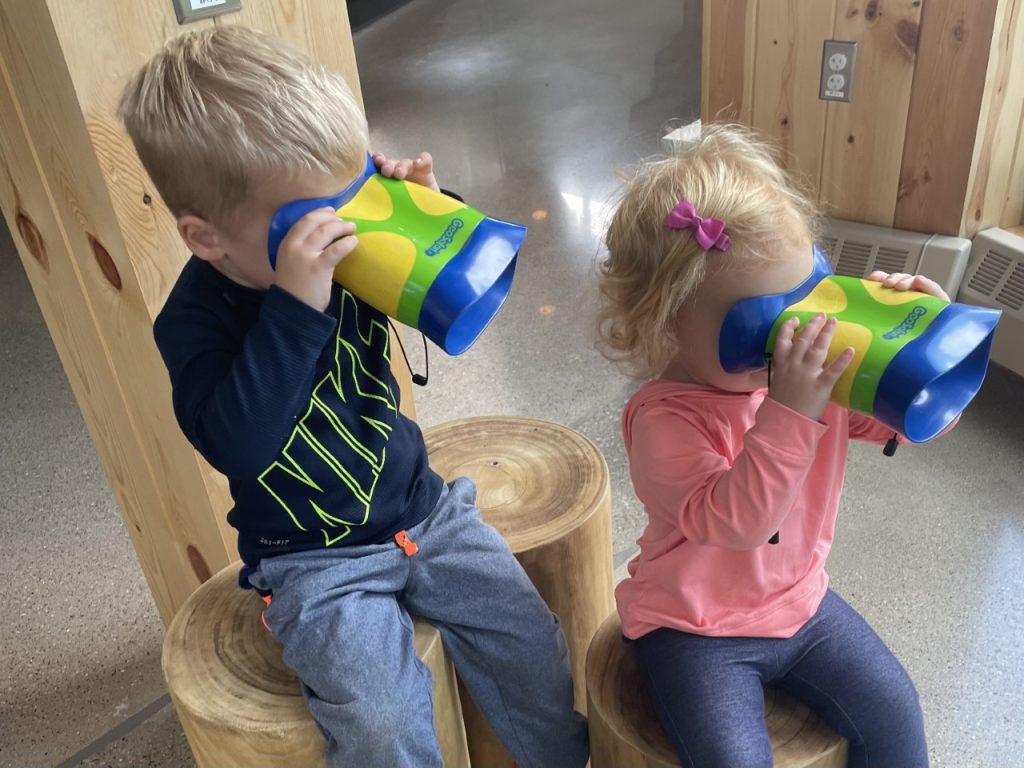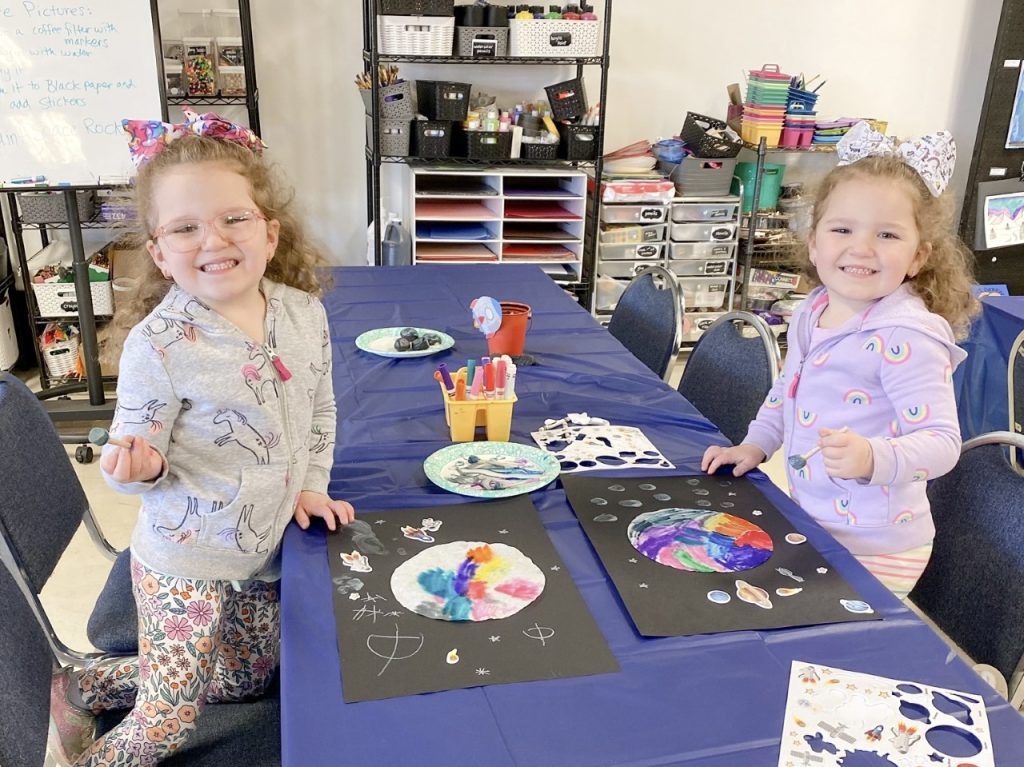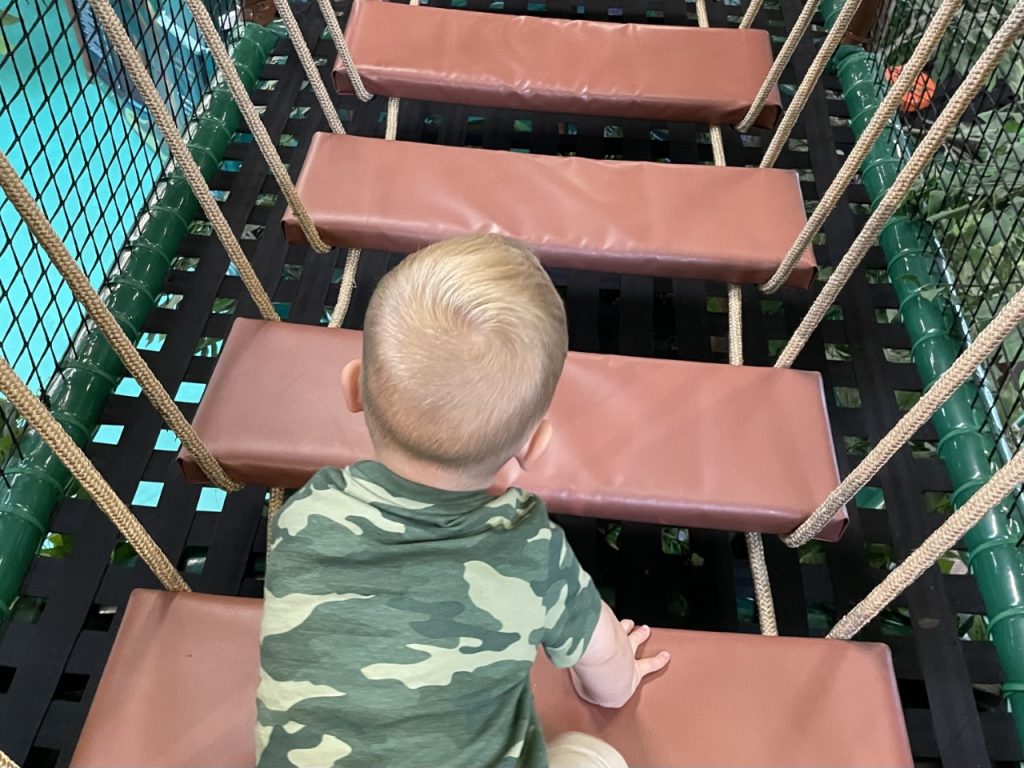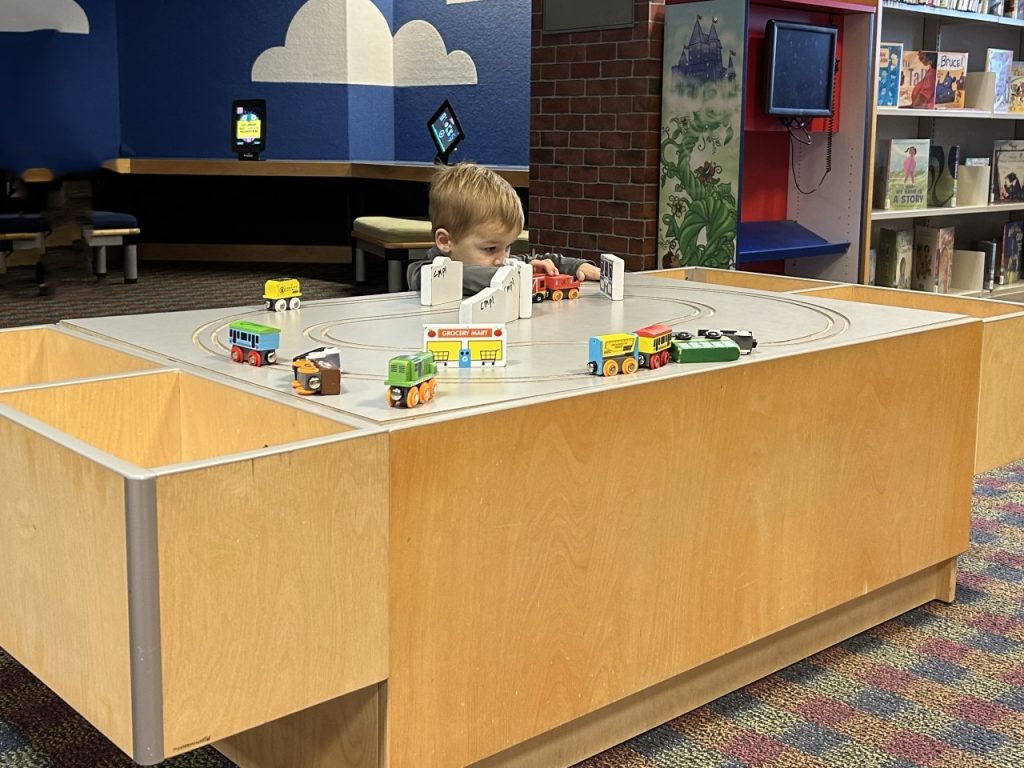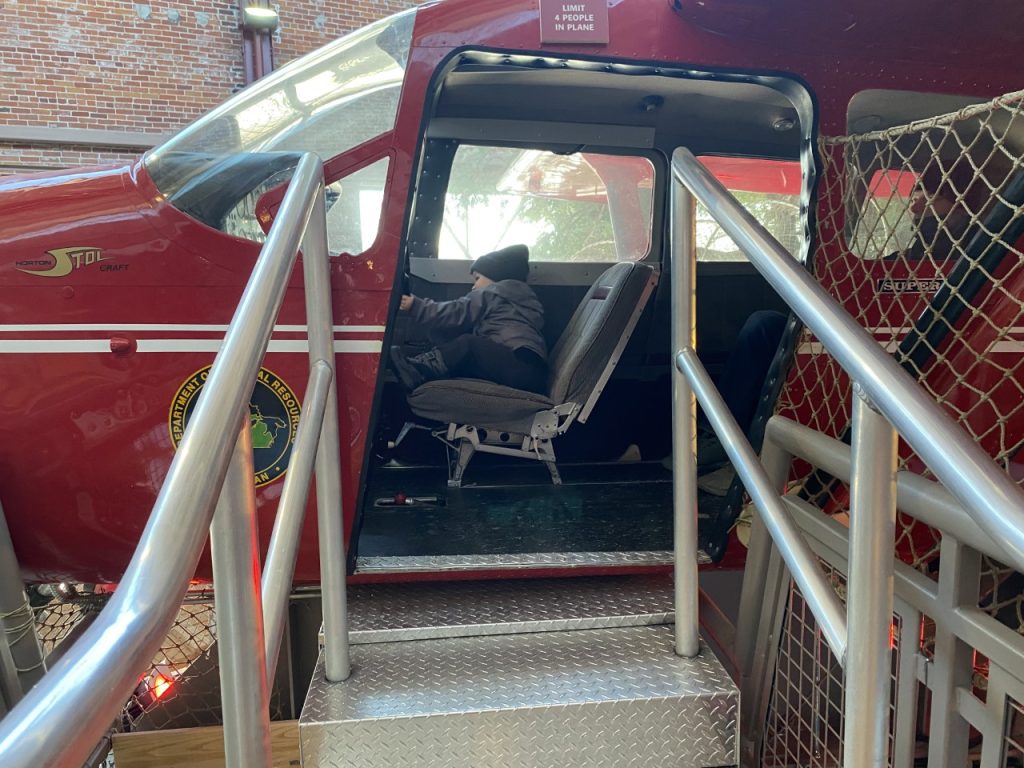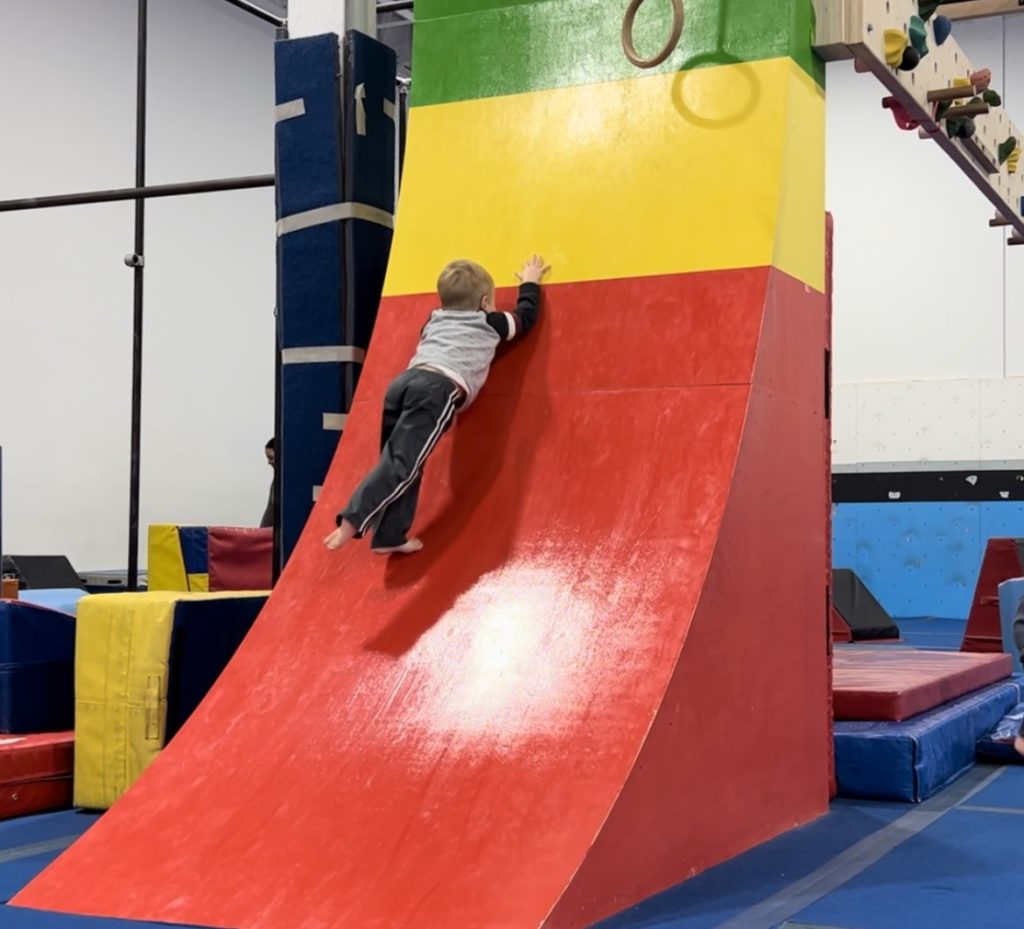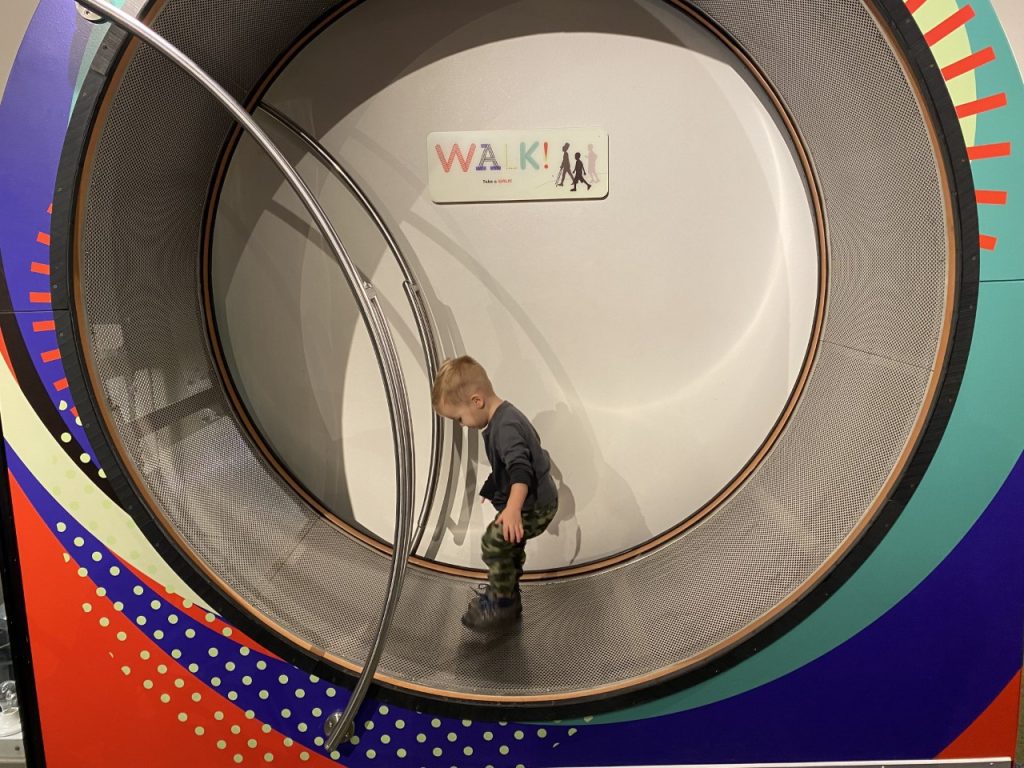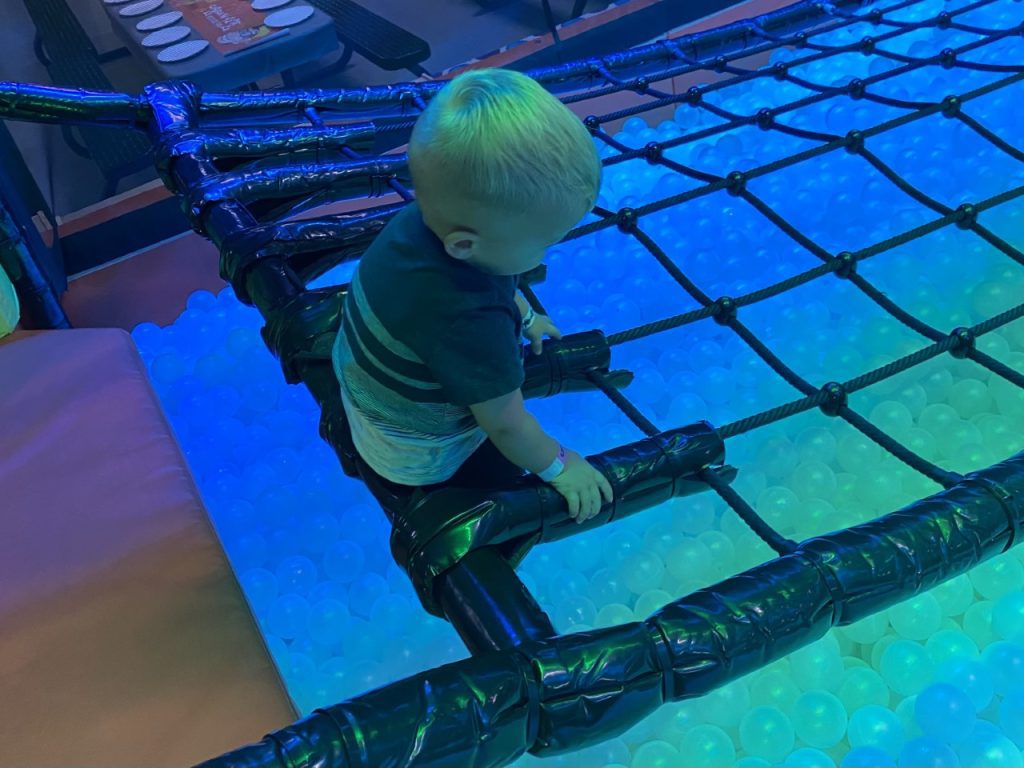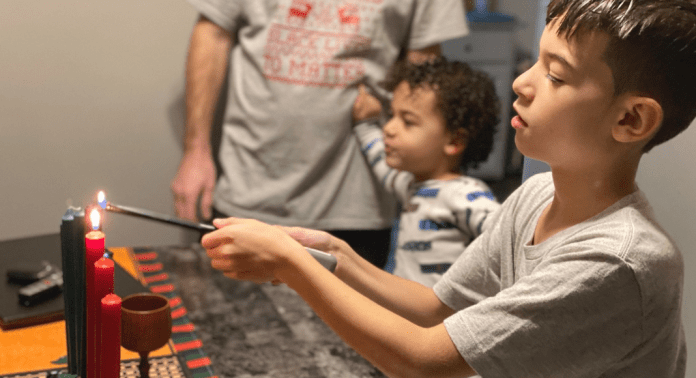It’s all over our social media feeds and the news this month more than ever–and we’re certainly interested. You guessed it: we’re talking about Dry January dates in this post!
Dry January is in full swing, which can throw a wrench into date night plans if you’re used to dinners out with your partner washed down with some cocktails or wine. Detroit does food and bev so well, so what’s a girl to do if she’s practicing an ABV-free month?
 Luckily, we’re right there with you here at Detroit Mom. Whether you’ve been sober for years, days, or are even just curious about it, we’re sharing some of the best ideas for a date night with your partner that don’t include alcohol. Happy dating!
Luckily, we’re right there with you here at Detroit Mom. Whether you’ve been sober for years, days, or are even just curious about it, we’re sharing some of the best ideas for a date night with your partner that don’t include alcohol. Happy dating!
Dry January Date Ideas In + Around Detroit
Channel Your Nerdy Side at Cranbrook Institute of Science | Bloomfield Hills
If you’re a museum person, this one’s a must-see. Discover the natural world around you with exciting exhibits like standing beneath a T. Rex or even the opportunity to touch a meteorite!
Climb at DYNO Detroit | Detroit
DYNO Detroit is hands-down one of the coolest climbing gyms I’ve been to. Located in Eastern Market, this one’s sure to be an adventure for your relationship. Beginners and experts alike are welcome, so don’t let experience hold you back from trying your hand!
Coffee + Pastries at Cannelle | Ann Arbor, Birmingham, Detroit, + Farmington
Cannelle offers a wide variety of both sweet and savory pastries, as well as coffee. With four locations around Metro Detroit, it’s an easy and sweet Dry January date (literally!). We suggest even grabbing a few treats to go!
Enjoy a “Snack Along” Movie Date | Your Home
Have you ever considered using Chat GPT for a date night? Same, until I heard about a “Snack Along.” Simply ask AI to pull the foods and drinks in a movie of your choice, get them, and enjoy! Lemonade, pop, and seltzer water make great subs for alcoholic drinks.
Experience Marvin’s Marvelous Mechanical Museum | West Bloomfield
Recommended by one of our writers, this place is also a journey back in time! With free admission, you can check out a plethora of “coin-operated animatronic dummies, mechanical games, and other curiosities.” Sounds like a blast to me!
Get It All Out at Rage Room | Sterling Heights
Tough day? Rage Room is the perfect scene for you and your boo to get it all out. With the opportunity to destroy all kinds of objects with sledgehammers, you get to smash as much stuff as you want. You know it sounds fun . . .
Get Messy at Splatter Room | Ann Arbor
Splatter Room in Ann Arbor allows you to make a mess (and not have to clean it up!). Their $99 date package comes with a private room, two canvases, a few beverages (skip these for Dry January!), and chocolates. You’re sure to remember this one for a long time, especially because you can bring the canvas home!
Ignite Your Senses at Scent Science Candle Bar | Auburn Hills
Have you ever wanted to make a candle that’s personalized to you? Scent Science Candle Bar allows you to do just that. Trying different scents that play together (in your mind, no one else’s), you’ll create a masterpiece that you get to bring home and enjoy for days to come.
Jazz + Mocktails at Cliff Bell’s | Detroit
Just when I thought Detroit couldn’t get any cooler . . . it does. Cliff Bell’s in Detroit offers a unique jazz scene with a great mocktail menu to boot. This is one Dry January date night you’ll want to live over and over again!
Start Cooking with Zingerman’s Baking Classes | Your Home/Virtual
Have you always wanted to get better at baking? Try a virtual class together; this one can even be done once the kids are in bed. It can be so fun to learn new skills together. Zingerman’s baking classes are a great option for you to grow together–and eat sweet treats while you’re at it!
Take the Plunge at The Schvitz | Detroit
Look, this is on the top of my must-do list in Detroit. Our neighbors are so obsessed, they have the merch from this place! If spas and hot tubs are your thing, The Schivtz is for you. With a historic bathhouse, you can go back in time and experience a truly relaxing time together.
Try Your Hand at Top Golf | Auburn Hills
Top Golf is also one of those dates that shouldn’t scare you–even if you’ve never picked up a club. Unlike fancy golf courses, Top Golf’s first priority for you is fun. I’ve always had a great time at Top Golf, no matter how well I play! Their food and drinks are also worth a try.
If you’re feeling like you’re the only one taking part in Dry January, you’re so not! We hope this list of unique Dry January date night ideas inspires you to get creative and build that relationship with your partner, even when you’re not drinking. There are so many fun things to do around Detroit with your partner, so quit reading and plan your next night out!






